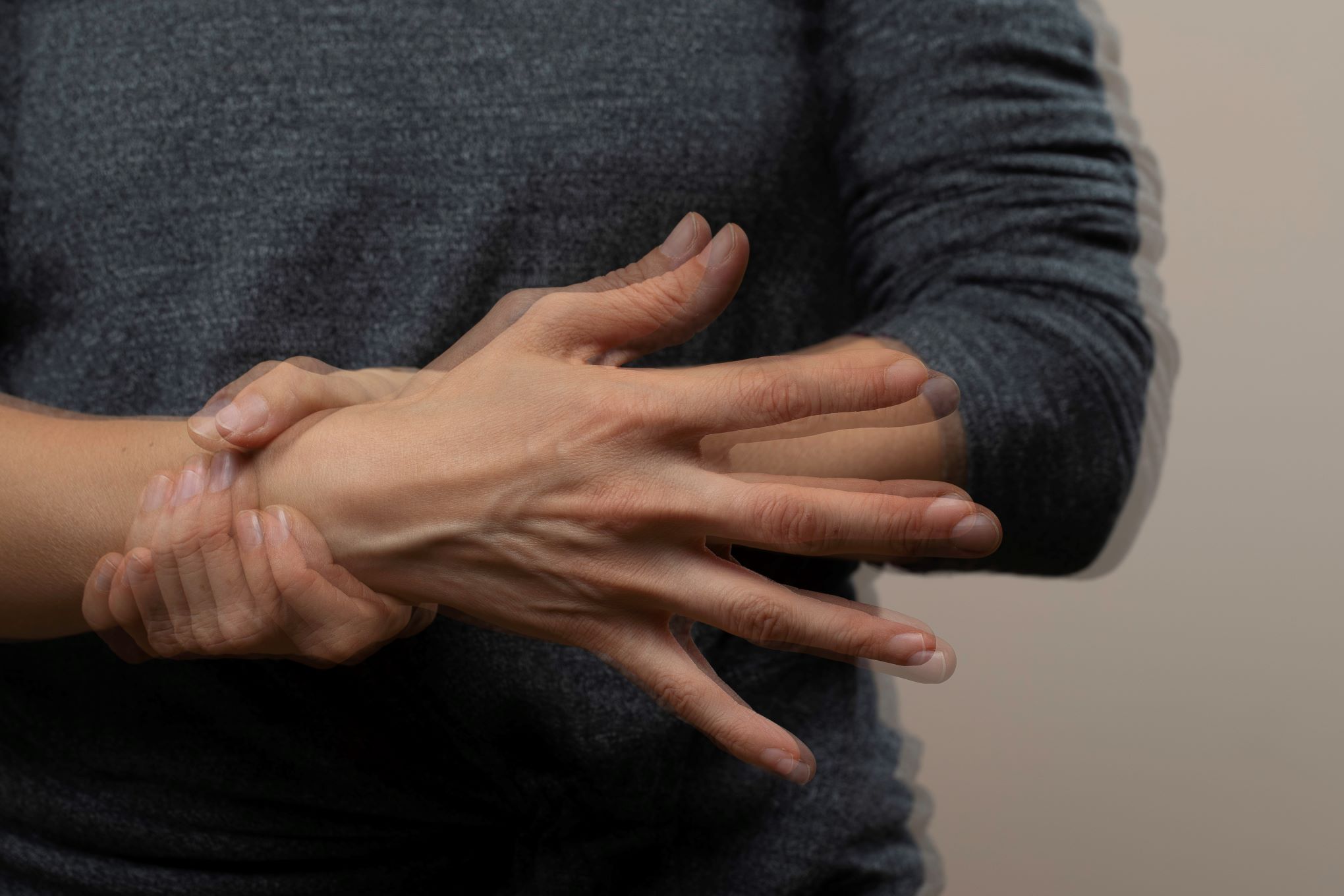
Tremor
Tremor is a neurological condition that includes shaking or trembling movements in one or more parts of the body, most commonly affecting a person's hands. It can also occur in the arms, legs, head, vocal cords, and torso. A tremor is an involuntary, rhythmic shaking or oscillation of a part of the body. Tremors can affect various parts of the body, including the hands, arms, head, face, vocal cords, trunk, and legs. They can range from mild and barely noticeable to severe and disruptive. Tremors may be classified based on their cause, frequency, and the circumstances under which they occur. Tremor is not life threatening, but it may cause challenges and even lead to disabilities. Tremor can make daily life tasks such as writing, typing, eating, shaving, and dressing more difficult.
- Essential Tremor : The most common type of tremor, often affecting the hands, head, and voice. It tends to run in families and may worsen with movement.
- Parkinsonian Tremor: Associated with Parkinson's disease, this tremor typically occurs at rest and diminishes with purposeful movement.
- Dystonic Tremor : Linked to dystonia, a movement disorder characterized by involuntary muscle contractions. The tremor may be present in specific postures or movements.
- Orthostatic Tremor : A high-frequency tremor that occurs in the legs when standing and is relieved by sitting or walking.
- Physiologic Tremor: A normal and usually mild tremor that may be exacerbated by factors like fatigue, anxiety, or caffeine intake.
- Neurological Disorders : Tremors can be a symptom of various neurological conditions, including Parkinson's disease, essential tremor, multiple sclerosis, and others.
- Medication-Induced : Some medications, especially certain drugs used to treat psychiatric disorders or seizures, can cause tremors as a side effect.
- Metabolic and Endocrine Disorders : Conditions such as hyperthyroidism, low blood sugar (hypoglycemia), or certain metabolic disorders may lead to tremors.
- Alcohol Withdrawal : Tremors can be a symptom of alcohol withdrawal in individuals with alcohol dependence.
- Worsening with Movement : Some tremors become more pronounced with purposeful movement, while others occur at rest.
- Impact on Daily Activities : Severe tremors can interfere with activities such as writing, eating, or holding objects.
